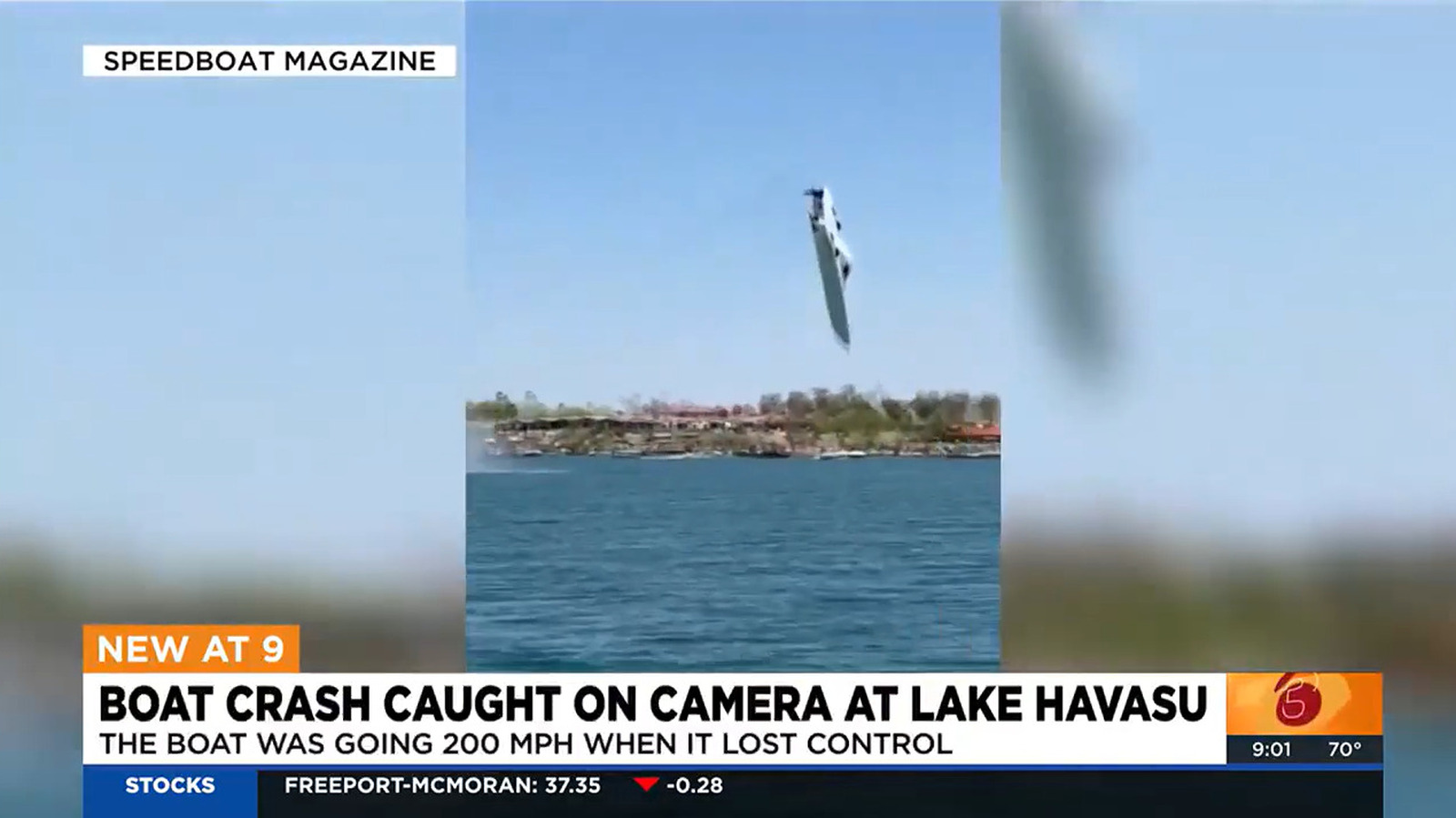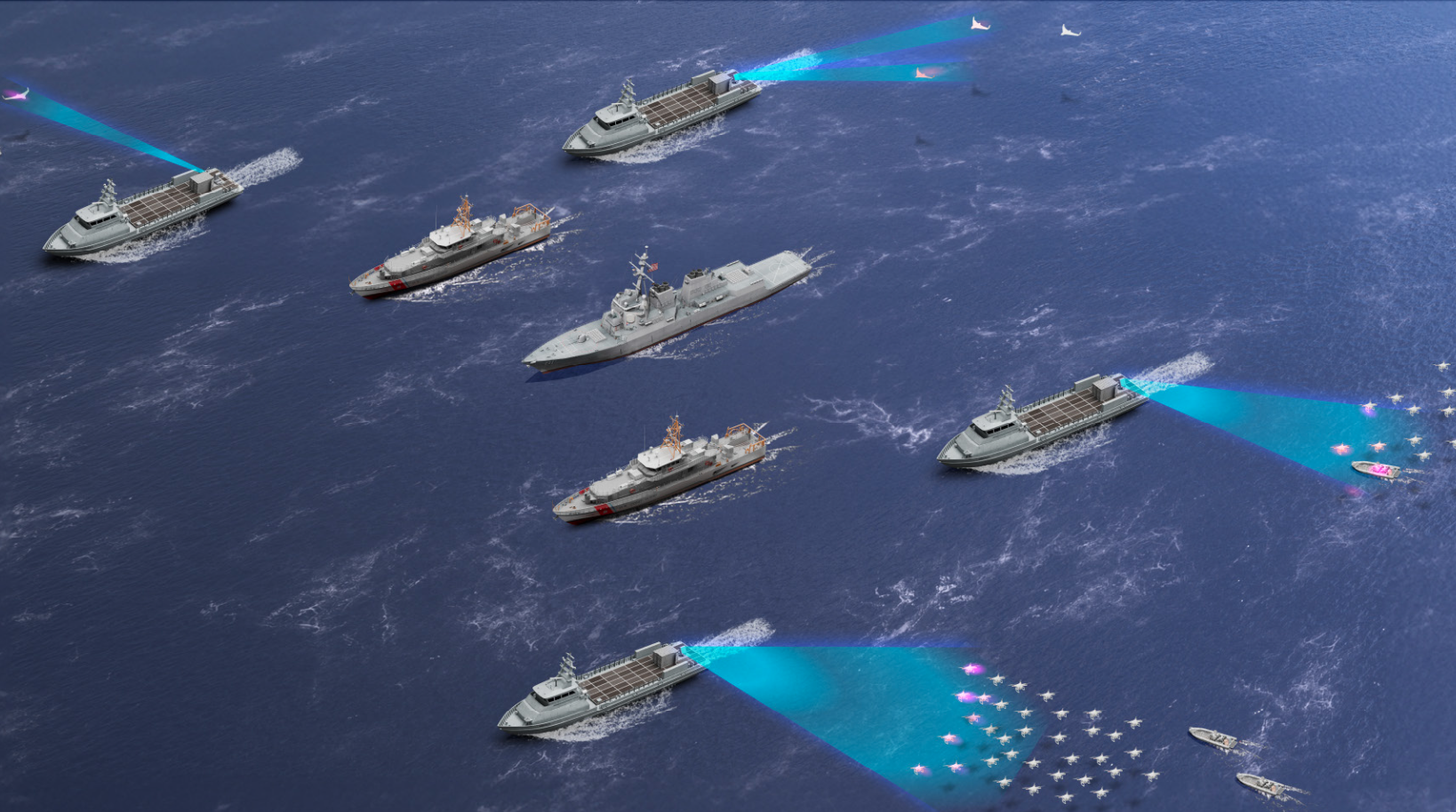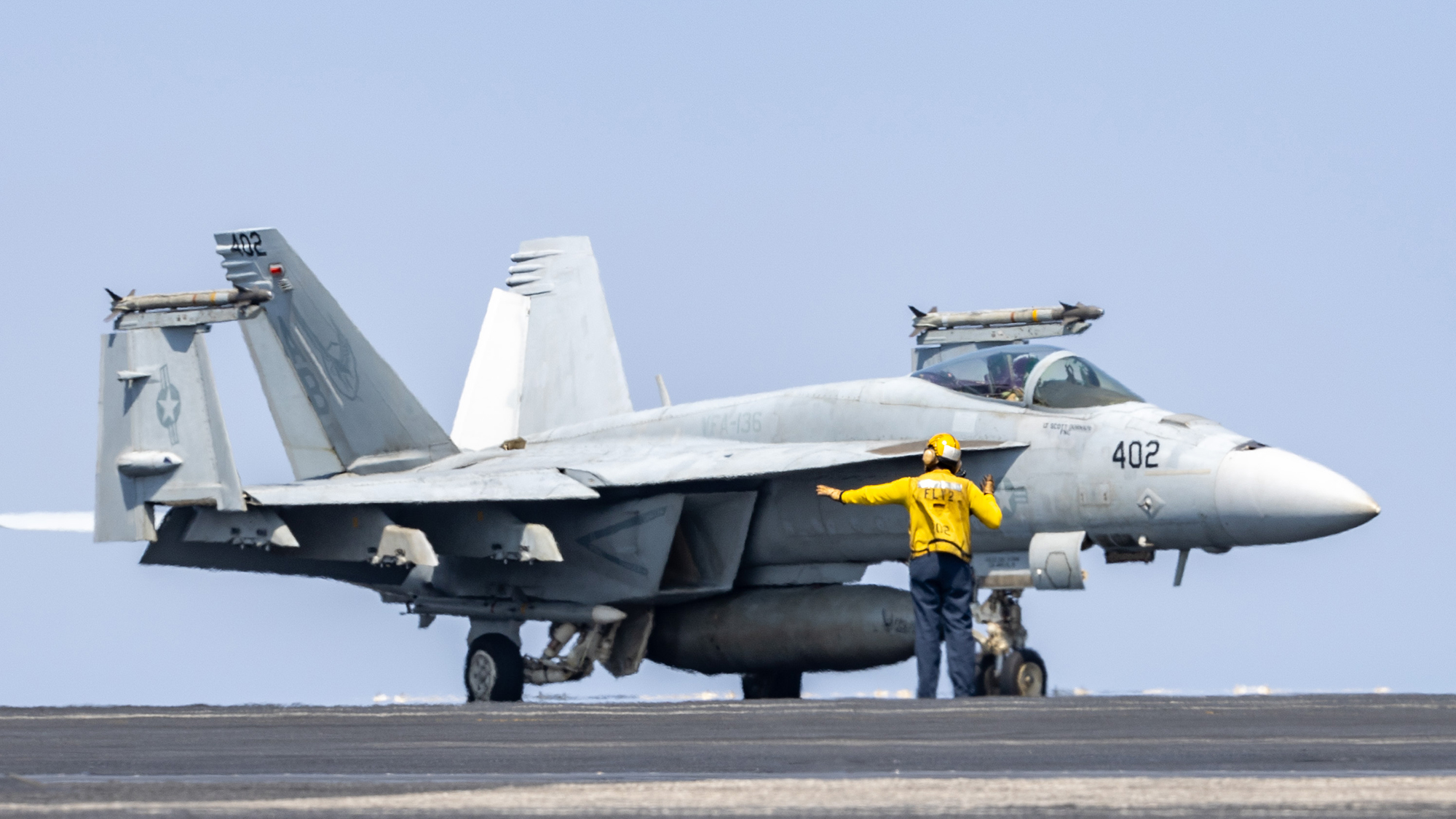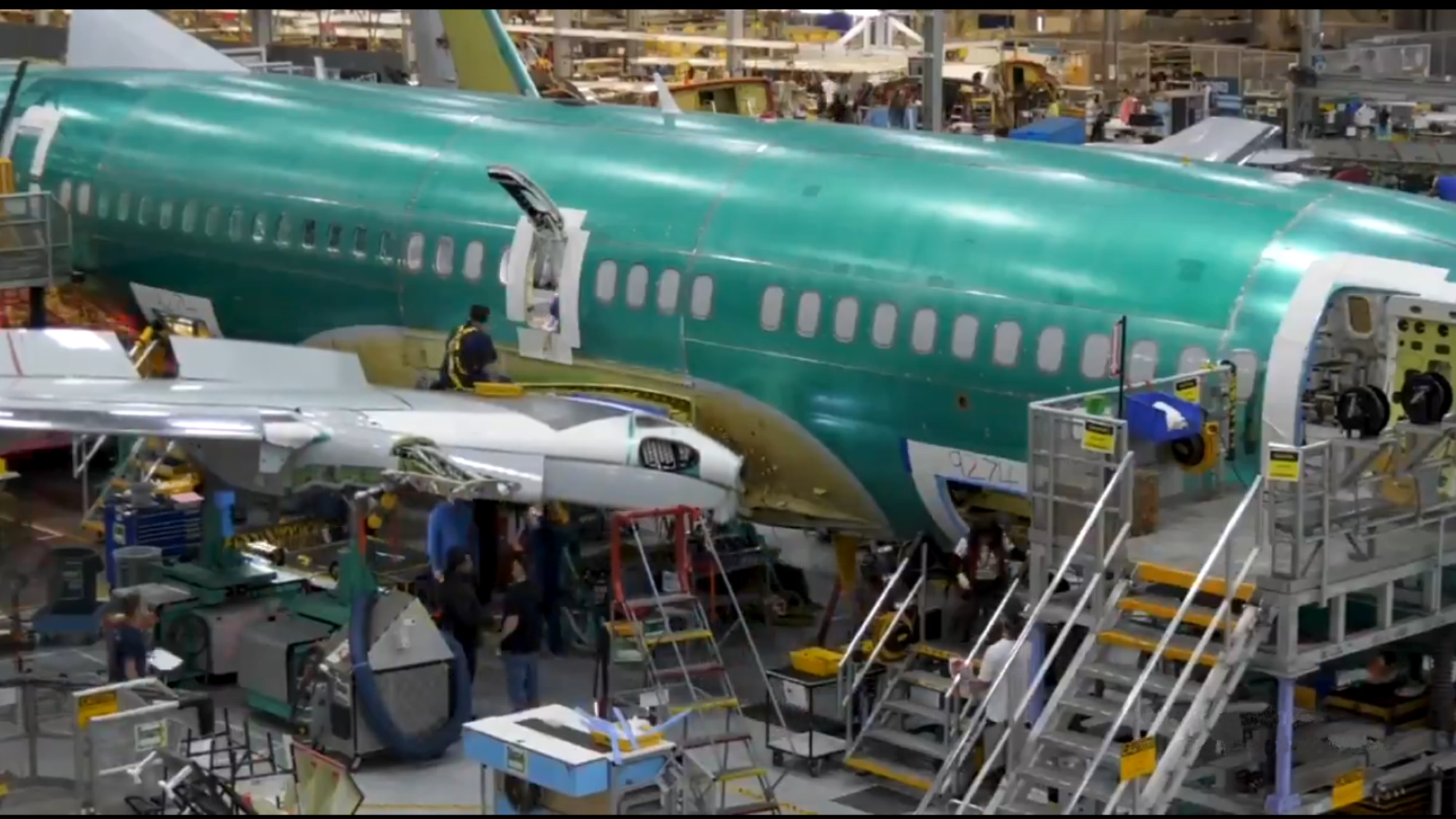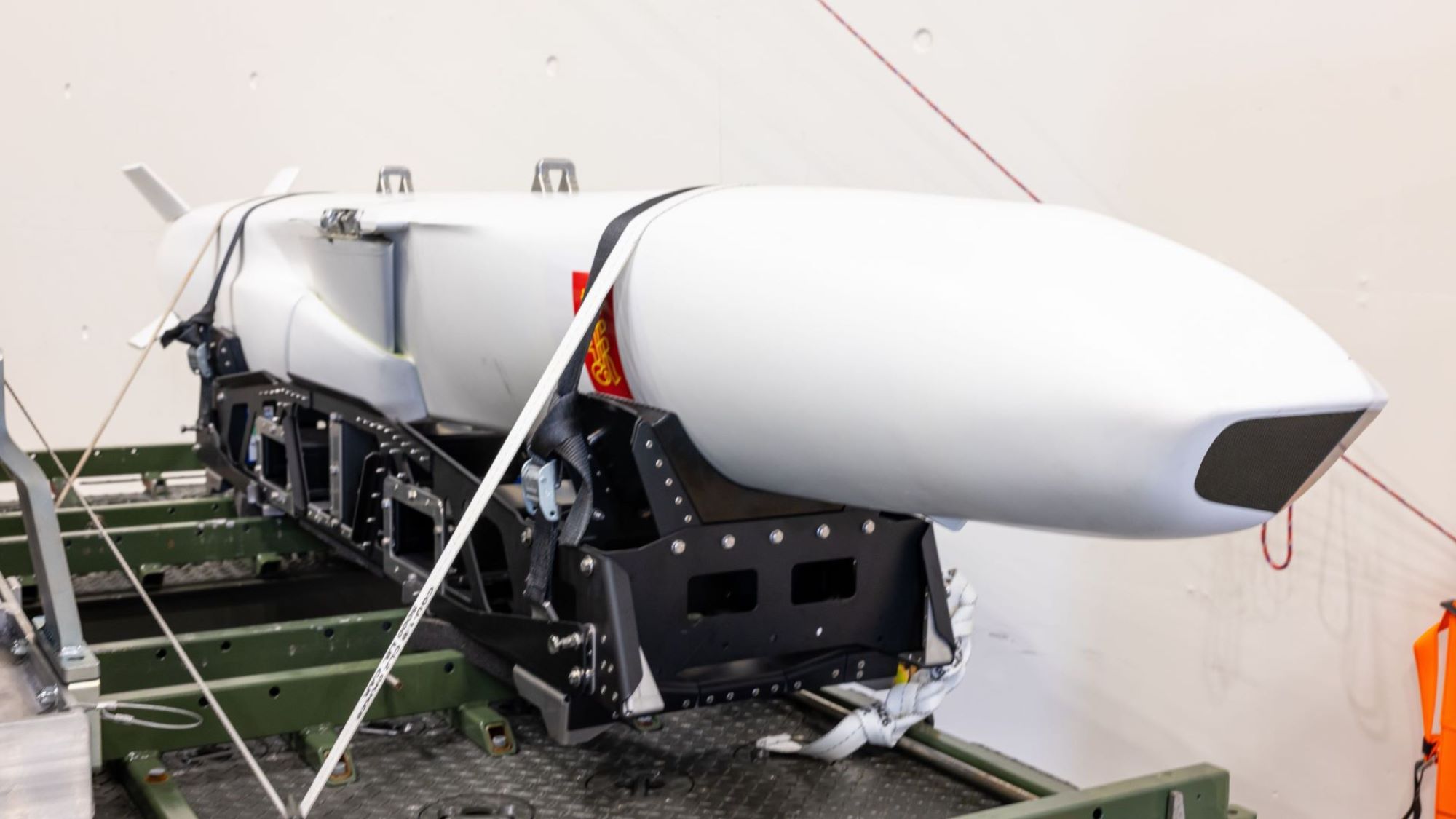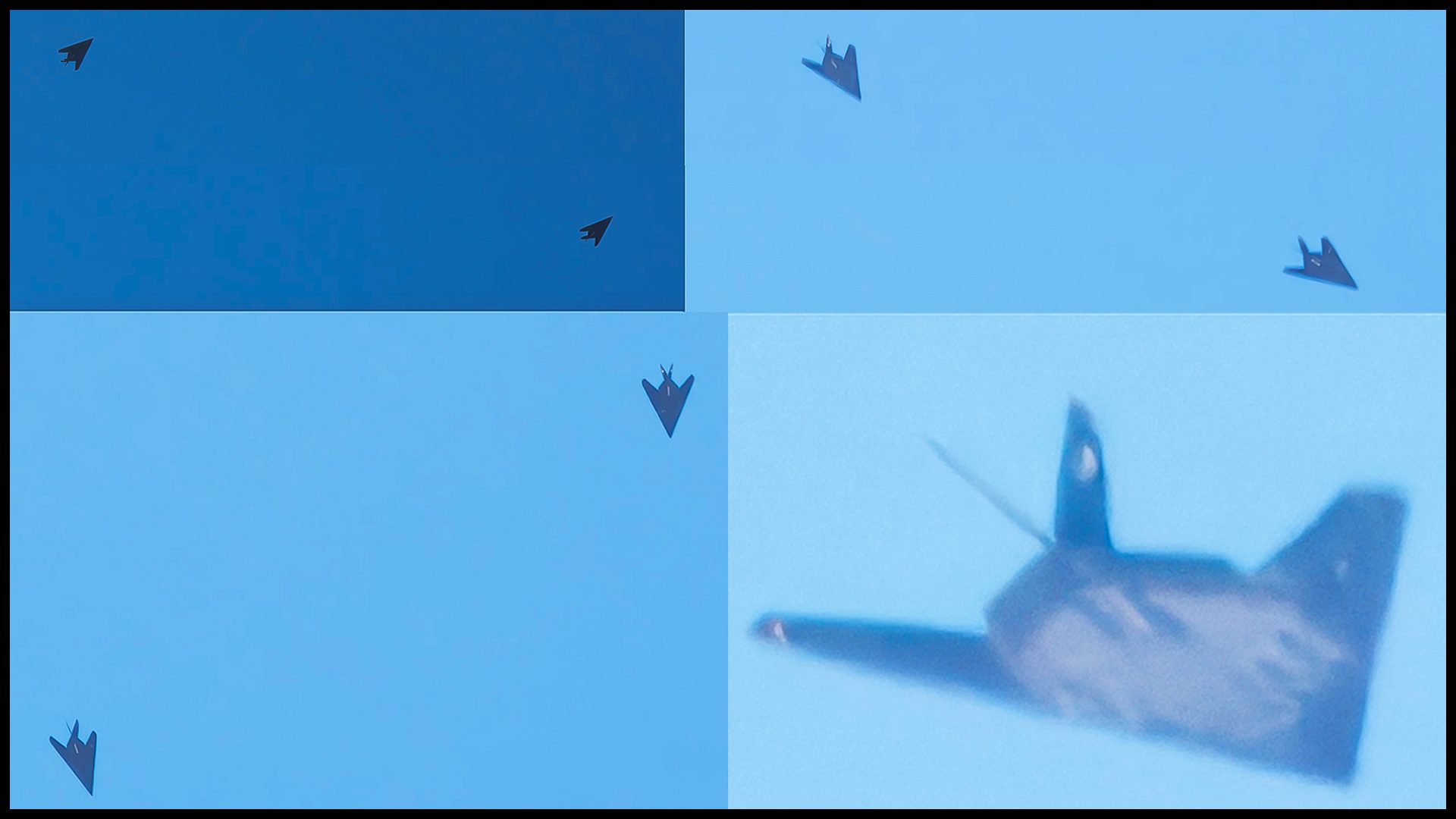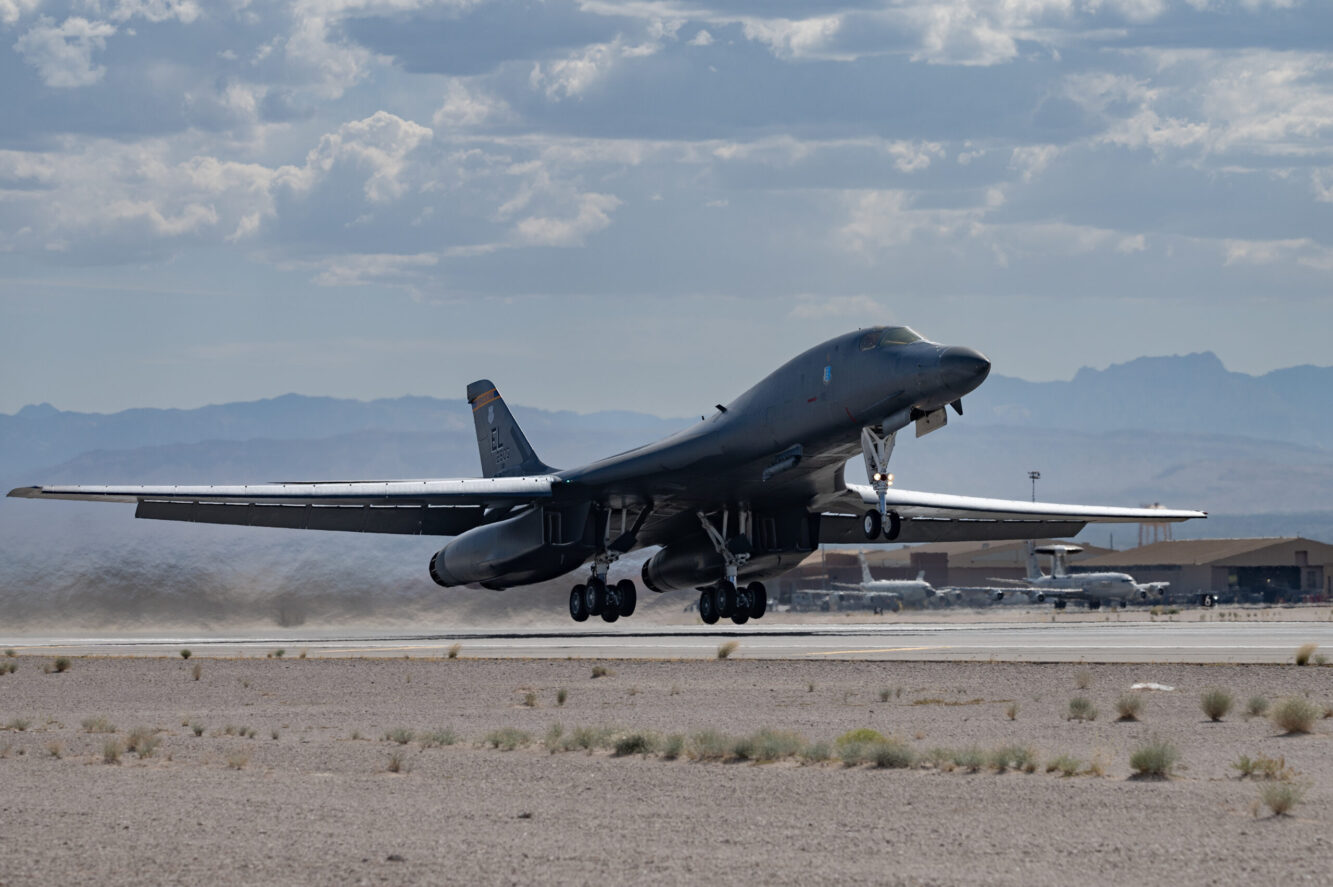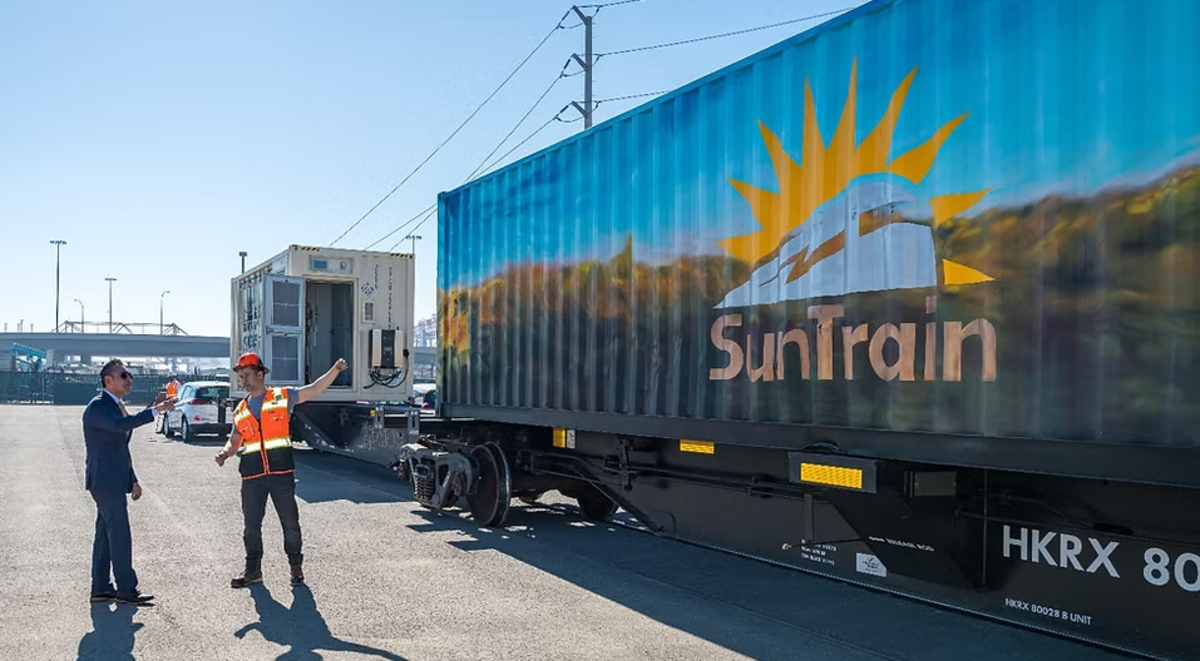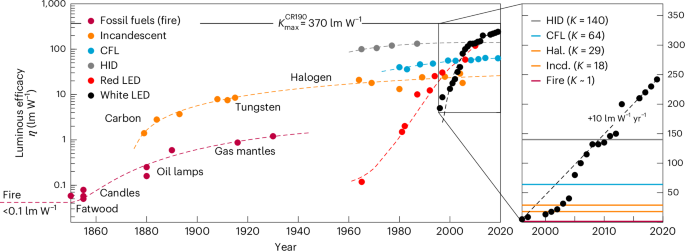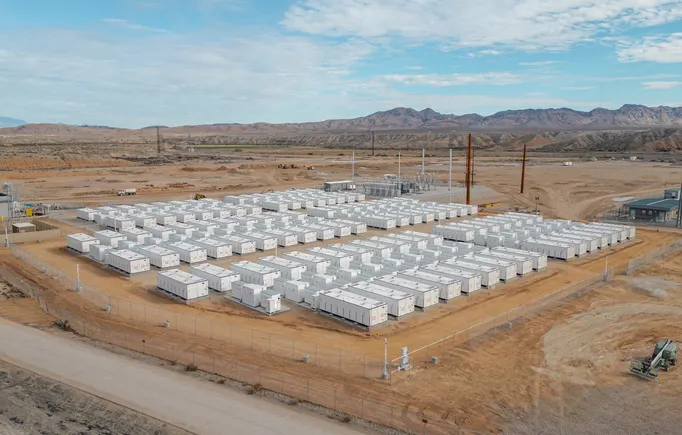Amazon launches first 27 operational Kuiper satellites to compete with Starlink
There are a lot of hopes within DoD and the Space Force for Project Kuiper’s success, with officials seeing the constellation as offering diversity beyond Starlink in the supplier base for so-called proliferated LEO services.
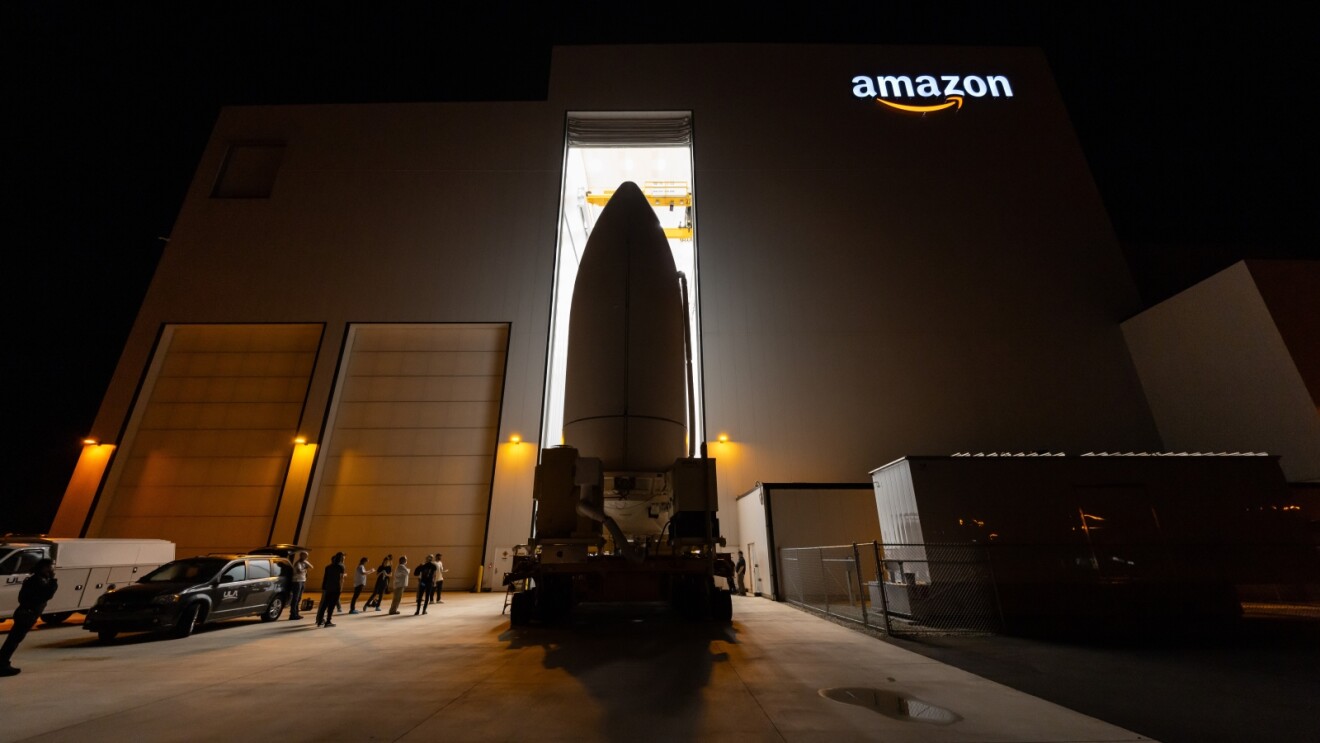
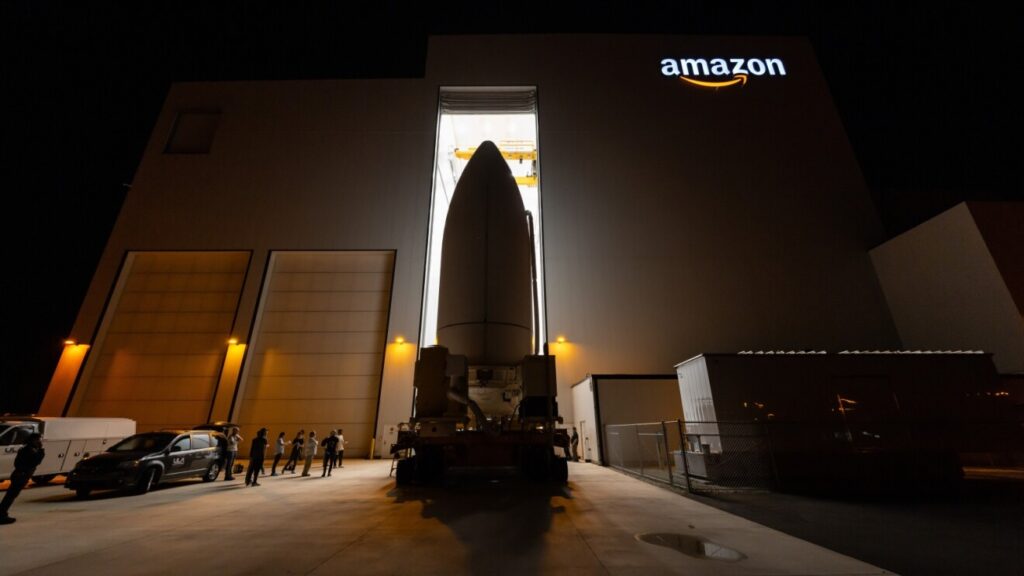
Amazon’s first batch of operational satellites were carried to orbit on April 28, 2025 by a ULA Atlas 5. (Photo: Amazon Project Kuiper)
WASHINGTON — Amazon today successfully launched its first operational satellites in its planned Project Kuiper broadband constellation, under development by billionaire-owner Jeff Bezos to compete against rival Elon Musk’s Starlink mega-constellation.
The 27 satellites were lofted to low Earth (LEO) orbit by a United Launch Alliance (ULA) Atlas V 551 rocket, and will eventually migrate to their stationing orbit of some 630 kilometers (392 miles).
Today’s launch comes a year later than Amazon originally had planned, with the company required under its license with the Federal Communications Commission to have 1,663 Kuiper satellites up and running by July 2026. Amazon, however, is confident that it will make that deadline and already has scheduled an ambitious launch cadence to do so.
“Over the next few years, Kuiper and ULA teams will conduct seven more Atlas V launches and 38 launches on ULA’s larger Vulcan Centaur rocket. An additional 30-plus launches are planned across our other launch providers: Arianespace, Blue Origin, and SpaceX,” according to an April 2 Amazon news release.
SpaceX currently dominates the US and global marketplace — including sales to the US military and Intelligence Community — in large part because Starlink was the first constellation to provide low-latency, high-volume satellite communication required to host internet services, stream video and support data-dense military battle management networks. As of the end of March, there were approximately 7,135 Starlinks on orbit, according to astronomer Jonathan McDowell, who tracks mega-constellations on his open-source website.
Amazon, which intends to put up about 3,200 satellites, thus has a ways to go to catch up to Starlink’s level of service and, perhaps more critically, on price.
Starlink’s low costs of entry has gained a vast consumer base, that in turn provides the capacity for SpaceX to be able to promise dedicated bandwidth to “higher priority” customers like national governments and militaries, explained Tim Farrar, long-time telecoms industry consultant.
“The major issue [for Kuiper] is going to be competing with Starlink across the board in the consumer market, the enterprise market and the military market, and what that means in terms of the prices that they have to offer,” he said. “I think the biggest problem is that Musk and his companies have never really been focused on an economic return, much more on going as fast as possible and growing as much as possible and the top line. And so if Amazon attempts to compete with Starlink on price, it seems all too likely that Starlink would just cut its own prices.”
Nonetheless, there are a lot of hopes within DoD and the Space Force for Project Kuiper’s success, with officials seeing the constellation as offering diversity in the supplier base for so-called proliferated LEO, or P-LEO, services.
Further, outside of the US there are intensifying concerns about relying on Starlink due to the political controversy surround Musk over his handling of SpaceX’s activities in Ukraine and his recent forays into European politics on behalf of right-wing politicians.
The European Commission, the European Union’s politically independent executive arm, on March 18 [PDF] issued a “Joint White Paper for European Defence Readiness 2030” that called on the EU to step up support for Ukraine, including by enhancing “access to EU space assets and services” as a “key enabler” of Kyiv’s defense capabilities.
Asked by Reuters during a news conference last week about the status of discussions on Starlink alternatives in Ukraine, the European Commission’s defence chief Andrius Kubilius said there are solutions that will be implemented in the event of “unexpected developments,” but declined to elaborate.
Europe needs to develop its own capabilities “in a rapid and urgent way,” Kubilius added.
On Thursday, French satellite operator Eutelsat CEO Eva Berneke told Reuters that Germany for the past year has been paying to provide Ukraine with terminals for its OneWeb constellation that is seeking to compete with Starlink for LEO-based communications. Further, she suggested that the EU may also amp up OneWeb buys for Ukraine.
However, Farrar said the European backlash against Musk may not actually help Amazon as much as it does regional firms like Eutelsat, or national companies like Canada’s Telesat.
“If the EU is looking for an alternative to a US led system, that doesn’t necessarily apply as much to Amazon, because, again, it’s coming from the US.”
That said, in February, Amazon announced that the UK telecommunications regulatory body, Ofcom, had given Kuiper permission to deliver internet service to domestic customers. “The UK will be among the first countries to receive service once Kuiper is available,” the announcement said.



































